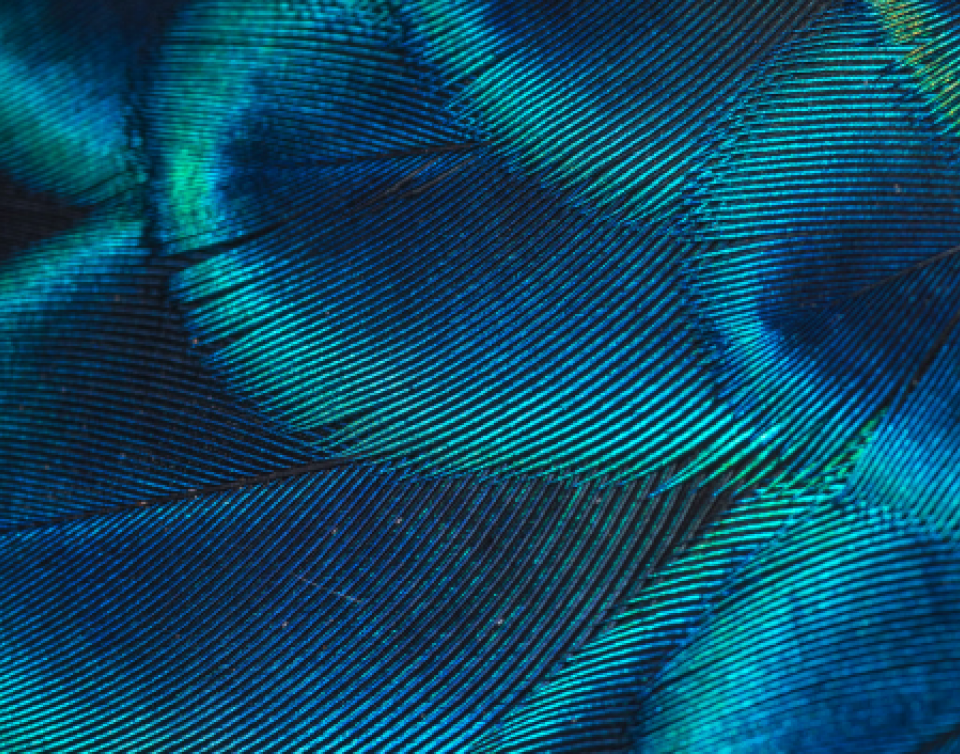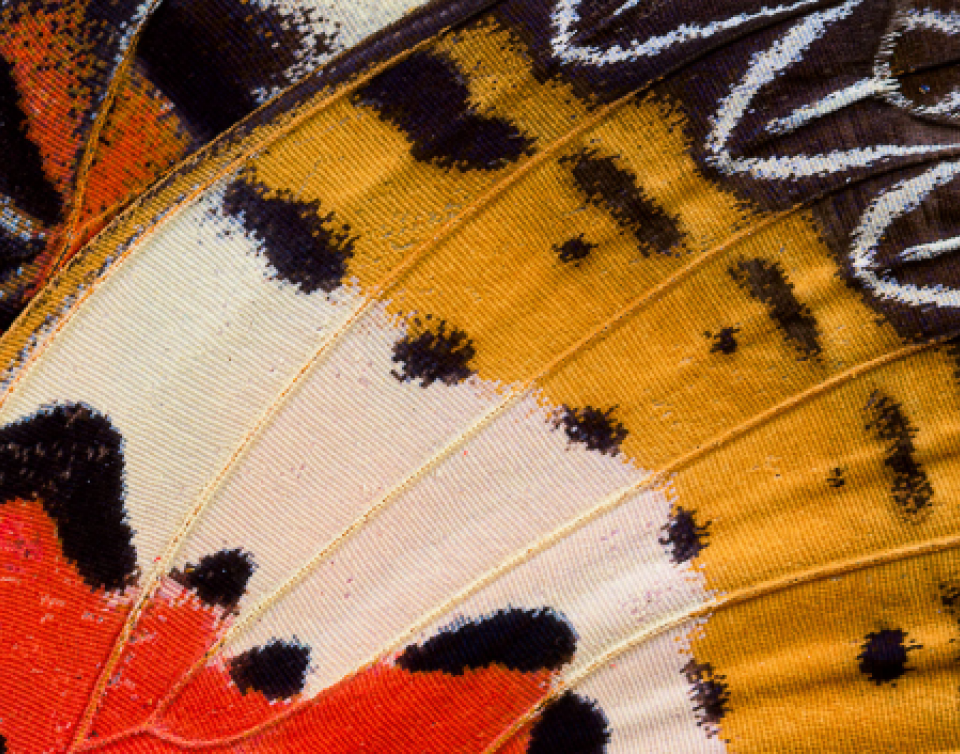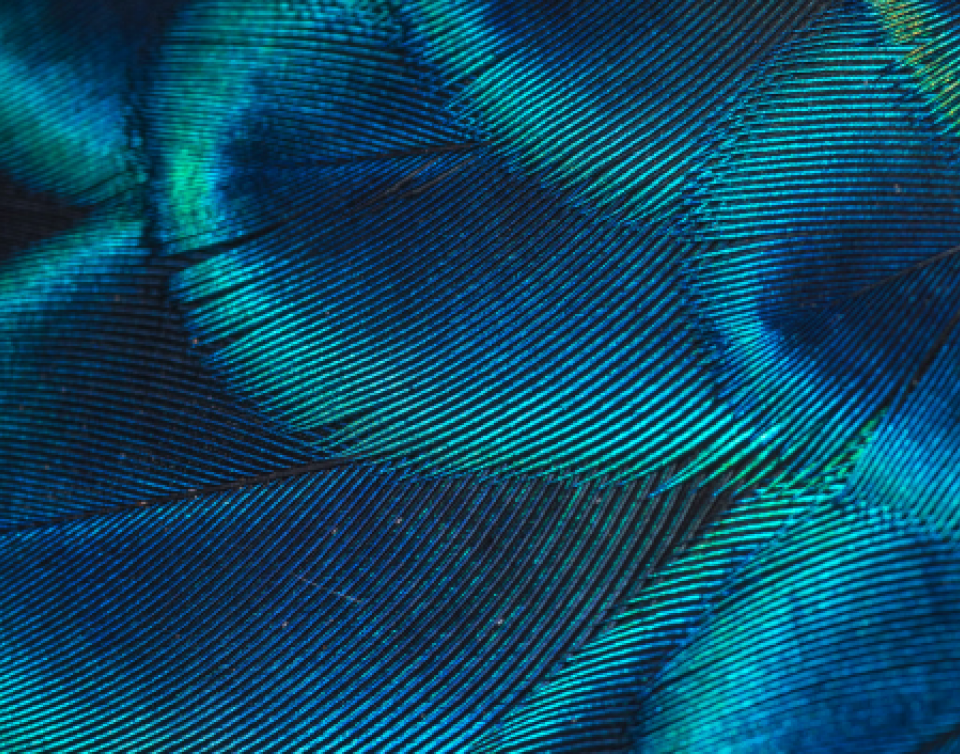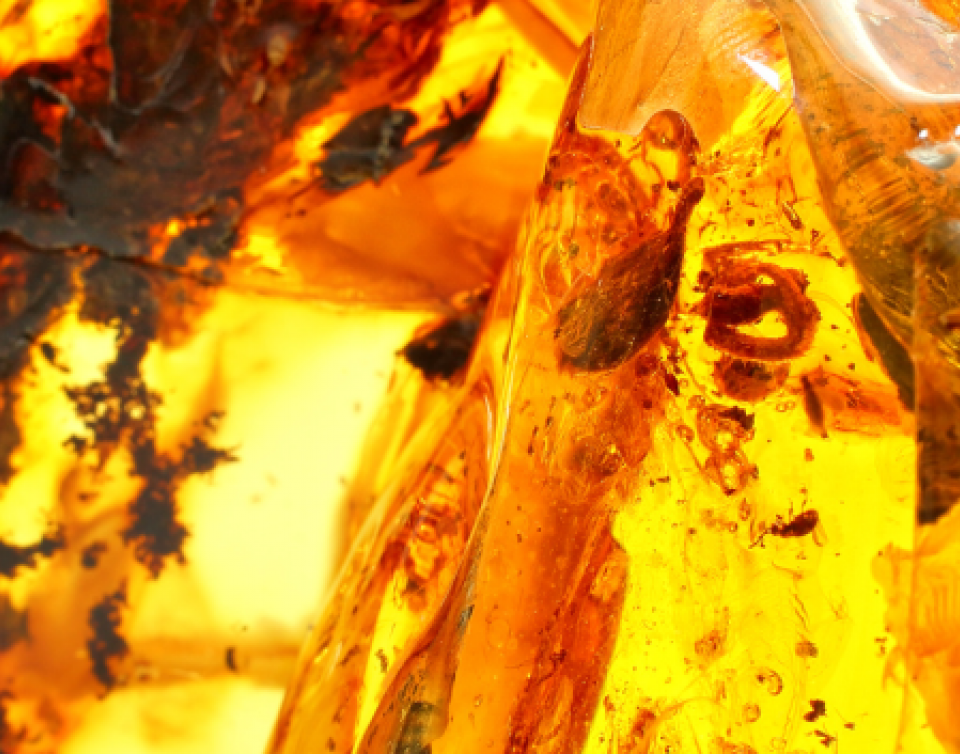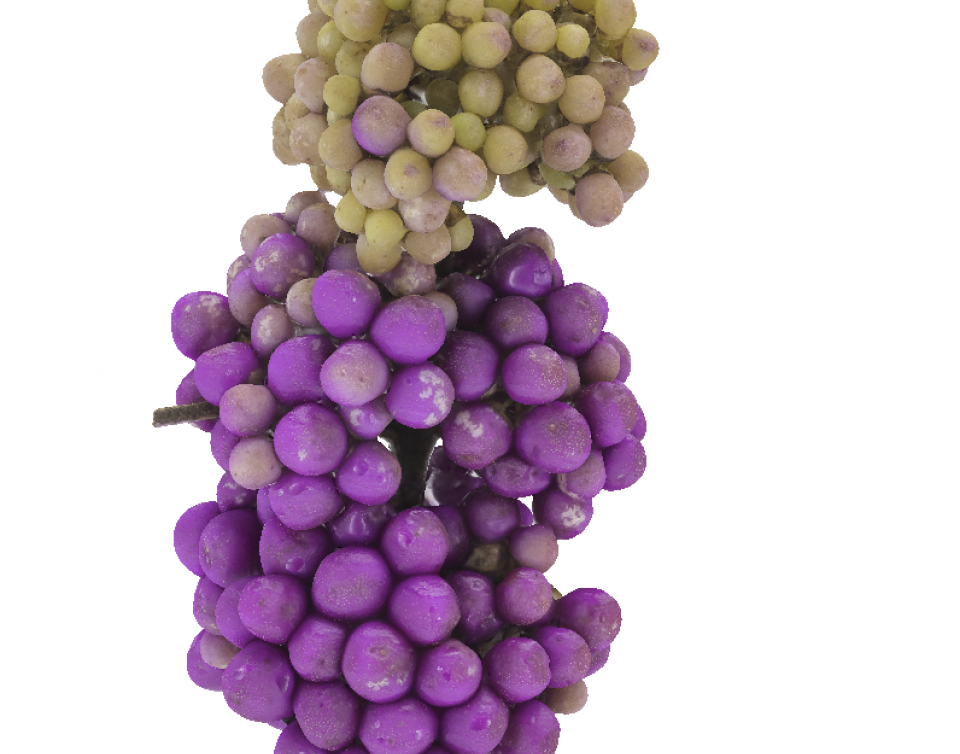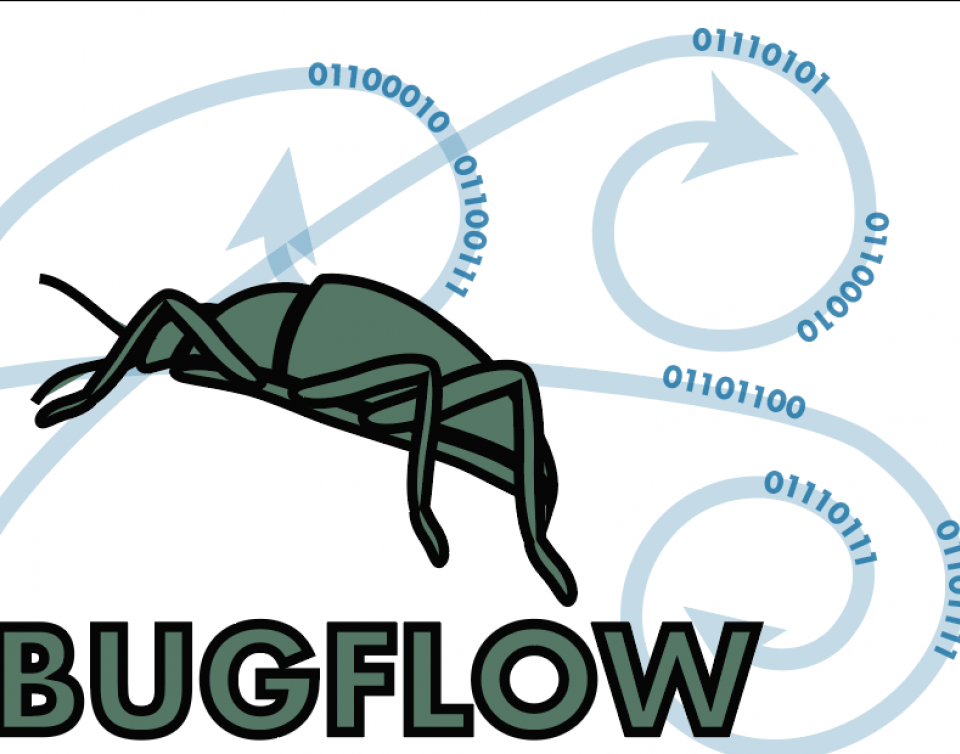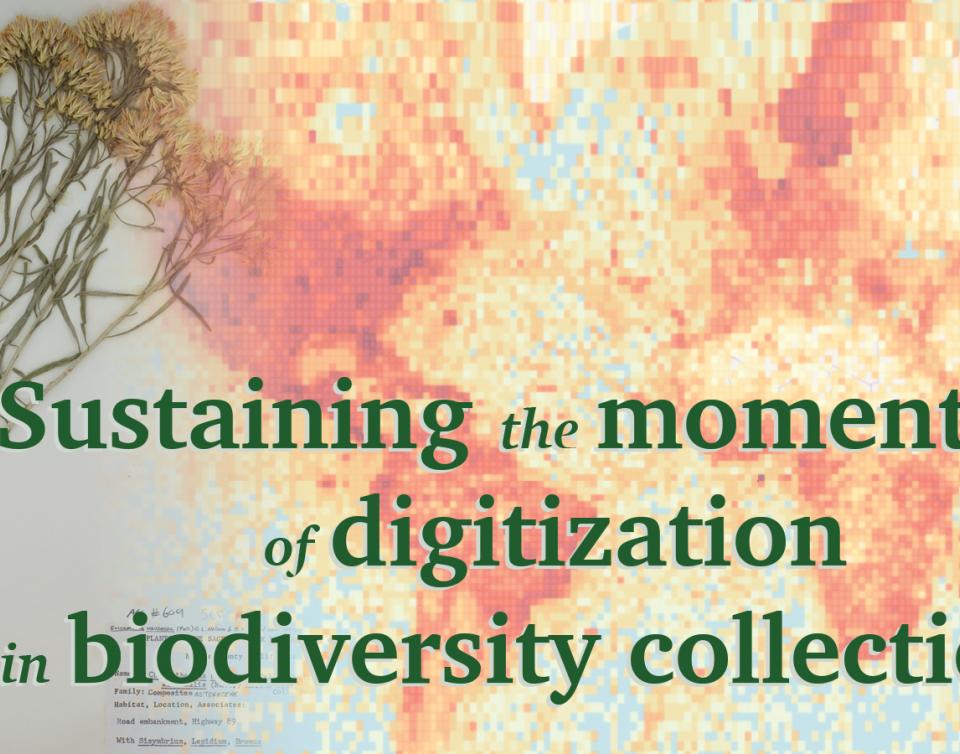Digitization
Carnegie Museum of Natural History Workshop: Overcoming Obstacles to Digitization

Research Spotlight: July 2021
Assessment of the pinned specimen digitization progress of the University of Alaska Museum Insect Collection
Ashley L. Smith, Derek S. Sikes, Taylor L. Kane, Adam Haberski, Jayce B. Williamson, Renee K. Nowicki, Michael J. Apperson
University of Alaska Museum, University of Alaska Fairbanks, Fairbanks, Alaska, USA
This article was originally published in the Alaska Entomological Society Newsletter AKES_newsletter_2021_n1_a01.pdf (akentsoc.org)
February 2021 Biodiversity Spotlight
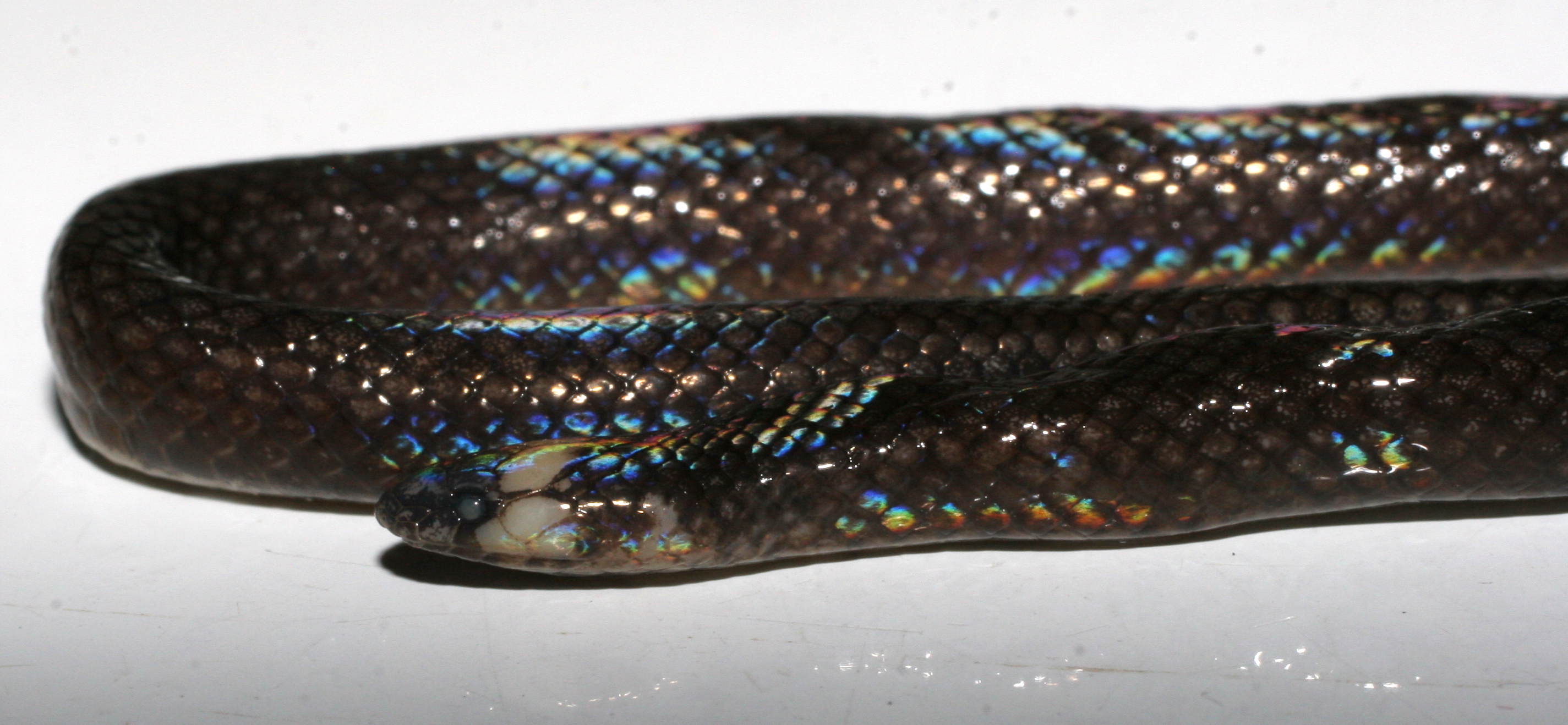
Photo courtesy of Jeffrey Weinell, University of Kansas Biodiversity Institute and Natural History Museum
FSU researchers net $200K NSF grant to study bat linked to COVID-19
A team of Florida State University researchers has received a $200,000 grant from the National Science Foundation to create a global data set on the horseshoe bat, a possible source of the novel coronavirus plaguing nations worldwide.
Imaging and Digitization Workshop for Avocational Paleontologists
Contributed by: Jeanette Pirlo
 |
| Figure 1: Imaging Workshop participant demonstrates proper imaging techniques by manipulating lighting, enhancing the specimen by providing a matte background, and properly using a scalebar in the image. Photo Credit: Jeanette Pirlo |


